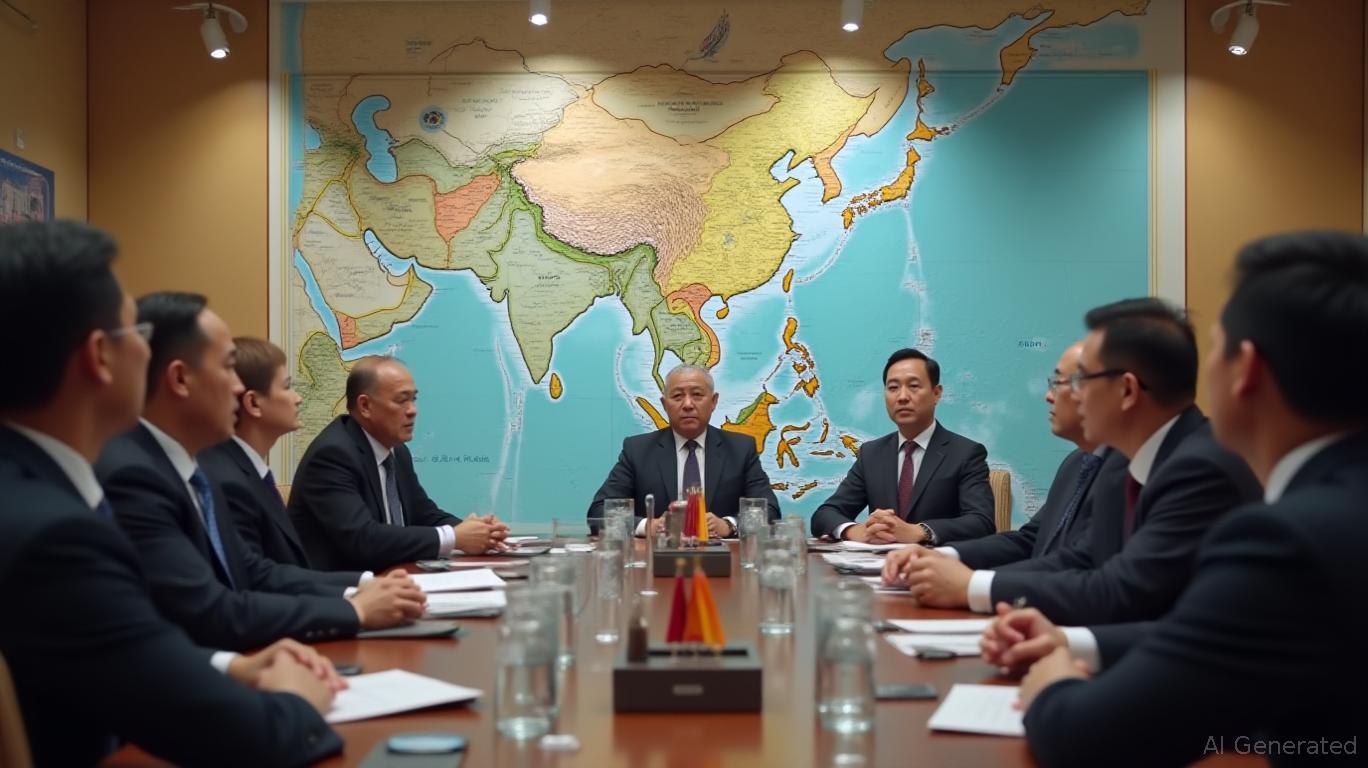Timor-Leste Joining ASEAN: Great Opportunities, Major Reforms Required
Timor-Leste’s official entry into the Association of Southeast Asian Nations (ASEAN) as its 11th member on October 26, 2025, represents a significant turning point for both the nation of 1.3 million people and the regional alliance. The announcement, made during the 47th ASEAN Summit in Kuala Lumpur, highlights Timor-Leste’s dedication to joining the regional community and, according to an

This achievement follows a process that began with Timor-Leste’s application in 2011 and reached a key step in 2022 with provisional approval. President José Ramos-Horta described the membership as the completion of the country’s “circle of international engagement,” aligning it with organizations such as the UN and WTO. He pointed out that Timor-Leste must upgrade its governance and digital systems to fully benefit from ASEAN’s economic opportunities, including access to a regional market worth $3.8 trillion, as noted in a
Although the bloc’s unity—symbolized by ASEAN leaders’ interlinked arms—was widely celebrated, civil society leaders warned that joining ASEAN alone would not solve the country’s deep-rooted issues. Archbishop Virgílio da Silva and analysts like Estevanus Coli highlighted the urgent need for educational improvements and poverty alleviation. “ASEAN membership cannot be considered a solution to reduce inequality,” Coli cautioned, pointing out that Timor-Leste’s underdeveloped productive sector and dependence on imports could worsen inequality if not addressed, as a
The economic implications are considerable. With ASEAN’s free-trade agreements and the ASEAN Economic Community (AEC) opening doors to 680 million consumers, Timor-Leste is under pressure to simplify administrative procedures and tackle corruption. President Ramos-Horta advocated for digitizing government operations to reduce delays and enhance transparency, calling this move vital for attracting foreign investment. At the same time, Singapore’s Prime Minister Lawrence Wong stressed the importance of broader ASEAN reforms, such as lowering non-tariff barriers and advancing digital and green economies, according to the Asian News Network.
Regional collaboration extended beyond economic matters. The summit introduced the FIFA-ASEAN Cup, a new football tournament that will include all 11 ASEAN members, with Timor-Leste participating for the first time. FIFA President Gianni Infantino praised the event as a way to “bring hope and joy” and foster football development throughout the region, as reported by
Geopolitical factors added further weight to the summit. Malaysian Prime Minister Anwar Ibrahim described the current era as an “uncertain world” shaped by U.S.-China rivalry and intensifying global competition, emphasizing that ASEAN’s cohesion is vital for regional peace. He said Timor-Leste’s inclusion “completes the ASEAN family,” while Philippine President Ferdinand Marcos Jr. promised ongoing support for the new member’s integration, the
As Timor-Leste begins this new phase, the main challenge will be turning ASEAN’s ambitions into real progress. With limited resources and a small population, the country must carefully balance the benefits of regional integration with the urgent need for internal reforms. For now, its admission stands as a symbol of ASEAN’s lasting commitment to “unity in diversity”—a principle that, as leaders and observers across the region have noted, must be continually renewed in a rapidly changing world.